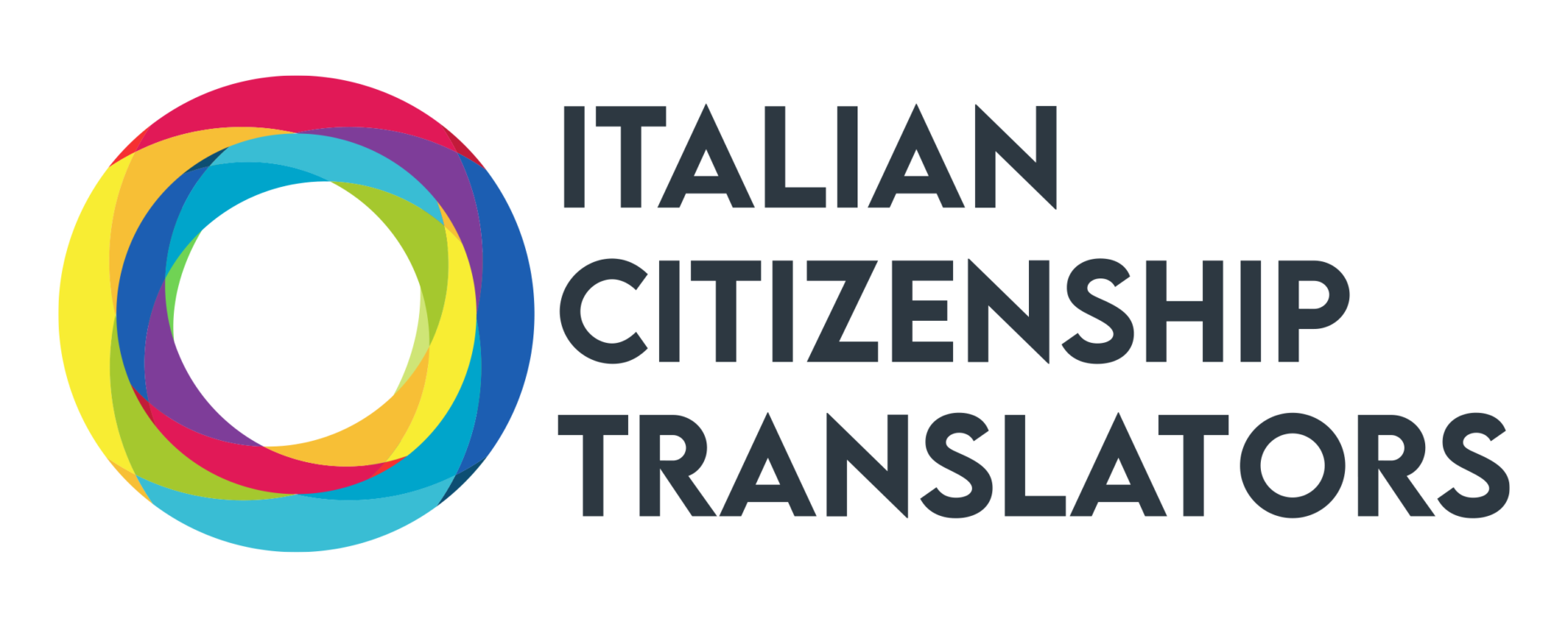
Translations Certified by the Justice of the Peace or Court: How Does it Work?
When you get your documents translated for your citizenship application or Italian real estate purchase, you might know that such translations not only need to be professionally done but, in some cases, even certified. There are two types of certifications: one done before a public notary by the translator (or by the Italian consulate), and one that is sworn before legal authorities. While we have previously touched on the difference between a certified and sworn translation, we have not covered the sworn translation in more detail, including the two different methods in which a translation can get sworn—that is, by a Justice of the Peace (Giudice di Pace) or in court (tribunale). In this article, we will further clarify sworn translations.
What kind of documents do you need to translate?
When applying for Italian citizenship by descent, you will essentially need to translate all documents that are not in Italian. The primary exception is naturalization records: these do not need to be translated when submitting to a consulate, but they do need to be translated when submitting to a municipality in Italy. The translations need to be professionally translated in all cases, but whether you need them certified or sworn depends on where you apply. If you are applying via a consulate, often the consulate can certify the translations themselves. (This is the case for most consulates in the U.S.; if residing outside the U.S., you will want to check your local consulate’s regulations). The most crucial documents for your application are the vital records (birth, marriage, divorce, and death certificates) relating to everyone in your Italian line. These documents will also need to be legalized—often with an Apostille—to validate them for use outside of the country in which they were issued.
If you are purchasing a property in Italy, you will want a translator—or, rather, interpreter—for the process, but for a different reason. With complex Italian legal documents such as the preliminary contract and final deed, it is crucial to understand all the details and fine prints so you can make your home purchase with security. While the Italian version is what will be upheld in courts, it is important to have a competent professional translator assist you with providing clarification on a process that can even confuse Italians.
What is a sworn translation and when do you need one?
The translation pertinent to this article is specifically the sworn translation. In contrast to a certified translation, which is essentially a self-declaration from the translator, sworn translations hold legal weight because they are signed either before a court or a Justice of the Peace (more on this distinction below). The translators that are able to do this are referred to as a traduttoregiurato, and they are registered with the Chamber of Commerce (Camera di Commercio) as well as the CTU Register (Albo CTU Consulenti Tecnici d’Ufficio), which is with the local court (tribunale). However, while these particular translators might be the best decision for you needsand requirements, it should be noted that it is not required for a translator to be registered with such places in order to perform sworn translations.
You will most likely only need sworn translations if you are applying for citizenship in Italy, via a municipality or court. If the translations were done in the U.S. or another foreign country, they should be certified. If they were done in Italy, they will be sworn.
Justice of the Peace vs. Court
In order to perform a sworn translation, the translator will need, generally, the following documents:
These documents can be taken either to the local court (tribunale) or Justice of the Peace (Giudice di Pace) by the translator. The Justice of the Peace is an honorary magistrate who performs matters of civic and criminal law.
Given the fact that there is an extra step involving the Italian courts, sworn translations can often take longer than certified translations to obtain, around a week, depending on where the translator obtains it. Along with being necessary for some applications though, the benefit of a sworn translation is the legal weight it holds, making the documents officially recognized.
Conclusion
This article has sought to provide further information on sworn translations and when they are needed for your citizenship application. If you need documents professionally translated and certified for Italian citizenship applications, Italian real estate purchases, or any other necessities, our team of qualified and trained translators are here to help. Contact us today at info@italiancitizenshiptranslators.com.
